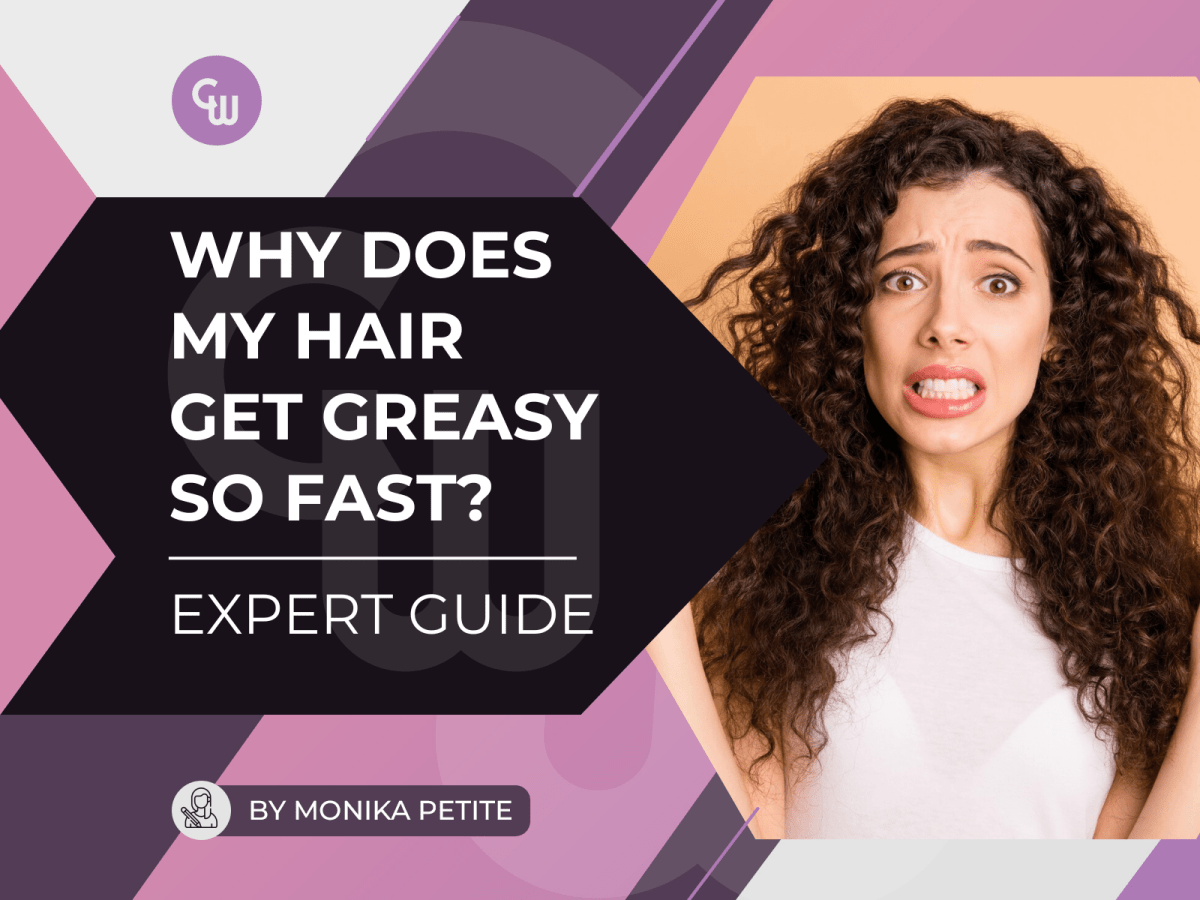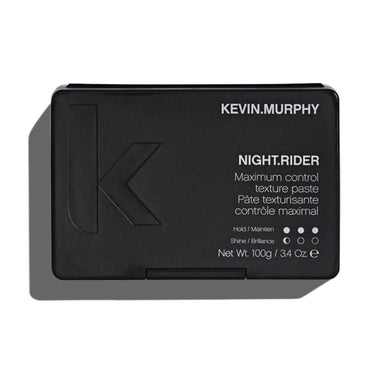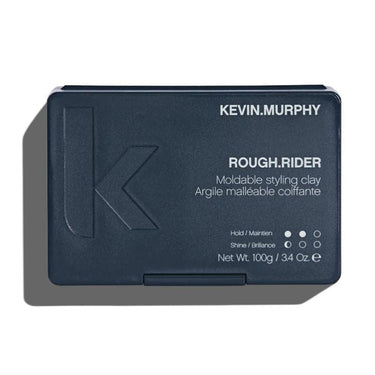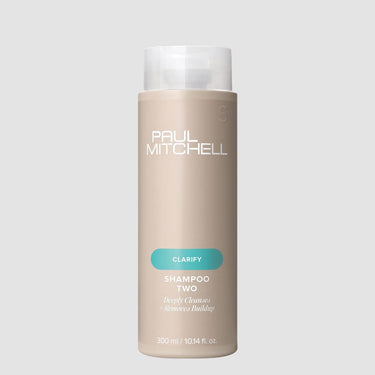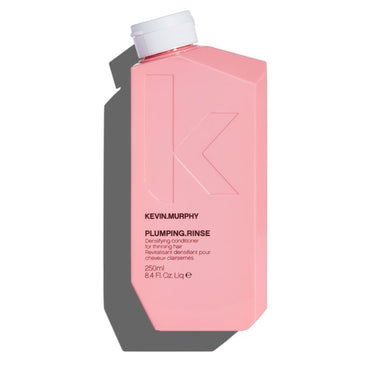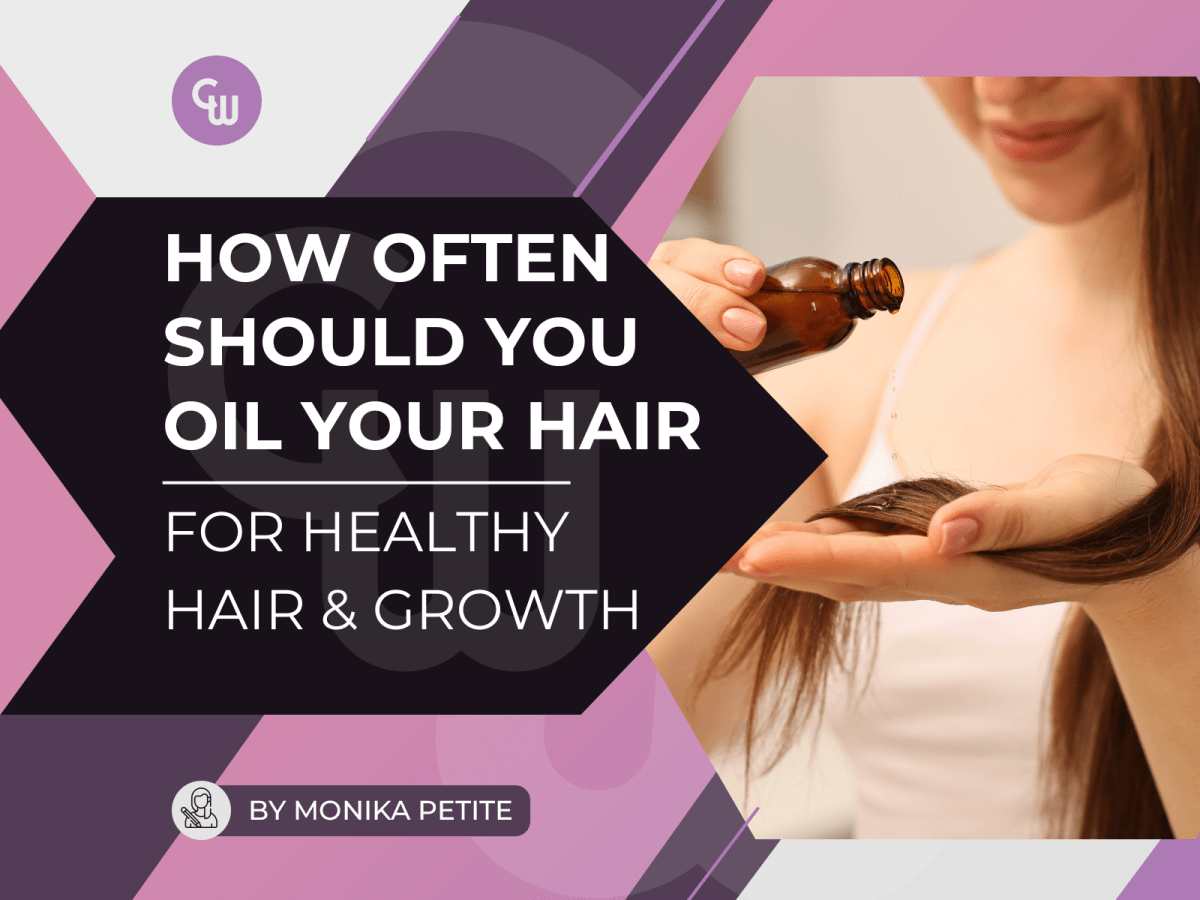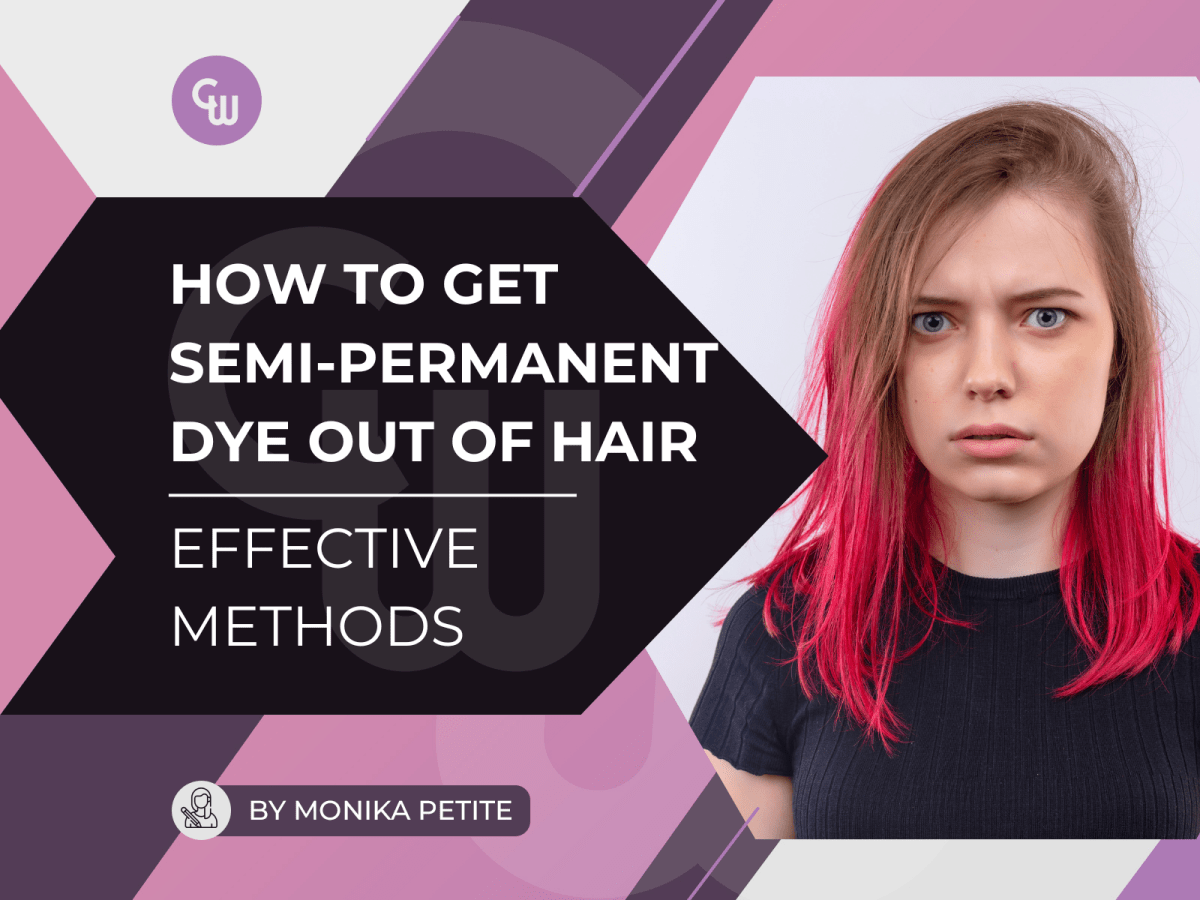Inside this Article:
- The Basics of Greasy Hair
- Common Causes Of Greasy Hair
- External Factors Contributing to Greasy Hair
- Styling Habits That Cause Greasy Hair
- Hormonal Influences on Excess Oil
- Effective Solutions for Managing Greasy Hair
- Switch Up Your Shampoo
- Dry Shampoo is Your BFF (But Use It Right)
- Keep Your Conditioner Light and Breezy
- Maintaining a Healthy Scalp
- When to Seek Professional Help
- Summary
- Frequently Asked Questions
The Basics of Greasy Hair

Ever wonder why some people seem to have greasy hair all the time, while others can go days without washing and still look fresh? Honestly, it mostly comes down to two things: oil production and your hair type.
Sebum is the natural oil your scalp’s sebaceous glands produce—tiny little glands attached to each hair follicle. It’s super important for keeping your scalp and hair moisturized and protected. Like, sebum is essential for healthy hair! But here’s the thing: too much of it? Yeah, that just makes your roots look oily and your hair feel all heavy and gross. 😕
And get this, if you’ve got a fine hair type, you probably have more hair follicles and oil glands, which means sebum builds up way faster. Once you get how this whole thing works, you’re one step closer to figuring out how to deal with greasy hair and scalp.
The Role of Sebum Production
Sebum production happens way down in your scalp, where those little sebaceous glands do their thing. Once the sebum is out, it travels up your hair shaft to coat and protect your scalp and hair. This oil barrier is great for keeping your hair from drying out and shielding it from stuff like pollution—but sometimes it just goes overboard.
If your glands are working overtime, you might notice your scalp getting greasy quickly, just a day or two after washing. That excess oil can make your hair look flat and oily, and sometimes even cause itching, redness, or dandruff. Sounds like your scalp’s drama? Same here!
Keeping the oil production in check is all about balance. Stuff like hormones, genetics, and even your hair care routine can mess with how much sebum your scalp pumps out. Using the right hair products (think light conditioners that don’t cause scalp buildup) and a proper wash routine can seriously help improve hair condition.
How Hair Type and Genetics Play a Role
Your hair type and genes play a huge part in how greasy your hair gets. If you’ve got fine strands, you’re probably more likely to deal with oily roots. That’s because fine hair usually means more follicles—and more follicles mean more sebaceous glands, leading to more oil production.
And straight hair, it tends to get greasy faster than curly or wavy hair. Why? Because the oil just slides down those straight strands way easier. With curls and waves, the oil takes a bit longer to travel down the hair shaft, so you might not have to wash as often.
Oh, and yeah—genetics matter. If oily hair runs in your fam, you might be stuck with it. But don’t sweat it too much. Picking the right hair products for your hair type (like lightweight moisturizers and oil-controlling shampoos) can make a difference. Trust me, I’ve been there!
Common Causes Of Greasy Hair

If your hair gets oily faster than you’d like, you’re not alone—and figuring out what’s causing it can help. Sometimes, it’s not just your hair type or genetics messing with you. Stuff like improper washing techniques, overwashing, and wrong shampoo or too much conditioner can totally throw off your hair’s natural oil balance and leave you with those annoying greasy roots. Ugh, I feel you. 😩
And don’t forget about the environment! Hot weather, sweating after workouts, or just having an oily scalp by nature can make things even worse. But here’s the good news: once you know what’s making your hair greasy, it’s way easier to switch up your routine and get back to that fresh, clean vibe. ✨
Improper Washing Techniques
One of the biggest culprits? Not rinsing your shampoo or conditioner out properly. Leftover hair product can weigh your hair down and make it get greasy, even if you just washed it.
Here’s what I do to avoid that:
-
Always rinse thoroughly—like, spend an extra minute to deeply cleanse.
-
Use a shampoo that suits your hair type, especially one that helps control oil. If you have a greasy scalp, shampoos with Sodium Laureth Sulphate can be a lifesaver.
-
Try double shampooing—I know, sounds extra, but trust me, massaging your scalp once to lift oil and buildup, then again for a double cleanse, makes a big difference.
Overwashing Your Hair
This one’s kinda wild, but washing your hair too often can backfire and make it greasier. When you strip away too much oil, your scalp freaks out and ramps up oil production to compensate.
To break that cycle:
-
Start spacing out your washes—maybe go from daily to every other day.
-
Use a clarifying shampoo once a week to give your greasy scalp a deep cleanse.
-
Give your scalp some time to chill, and you’ll probably notice your hair isn’t so oily all the time.
Incorrect Conditioner Use
Conditioner is supposed to help, right? But if you’re slathering it on too much or putting it near your roots can weigh your hair down and get greasy so fast.
What works for me:
-
Use a lightweight conditioner that won’t smother your strands.
-
Only apply it to the mid-lengths and ends—your scalp usually doesn’t need the extra moisture.
-
A little goes a long way—if your hair’s feeling oily too soon, try using less conditioner next time.
External Factors Contributing to Greasy Hair

Sometimes, it’s not just your hair type or shampoo causing greasy hair—external factors play a big role too! Stuff like weather, sweat from workouts, and even your pillowcase can speed up how fast your hair gets greasy.
Weather Conditions
Ever notice your hair gets greasy so fast in the summer or on those sticky, humid days? Yeah, that’s because high humidity and warm weather make you sweat more and crank up your scalp’s oil production. When it’s hot, your scalp’s working overtime, and that extra sebum (plus sweat) can casue greasy hair faster than usual.
If you’re living in a humid place or it’s summertime, here’s what I do:
-
Use lightweight, oil-controlling products
-
Skip the heavy styling creams
-
Tie your hair up sometimes to keep oil from spreading too fast
Exercise and Sweat
I love working out, but man, all that sweat makes my hair oily real quick. When sweat mixes with your scalp’s natural oils, it’s like a grease party—especially around the roots.
To keep my hair from turning into an oil slick after the gym:
-
I do a quick rinse post-workout to wash away sweat and surface oil
-
If I’m not washing, I at least dry hair with a towel or hit it with some dry shampoo
-
And I always tie my hair back during workouts to cut down on oil transfer
Dirty Pillowcases and Hair Accessories
Okay, here’s one that’s easy to forget: your pillowcase. Overnight, oil from your scalp transfers to your pillow—and vice versa. Gross, right? Dirty linens can seriously cause greasy hair!
Here’s what I do to keep it fresh:
-
Wash my pillowcases at least once a week to ditch oils and residue
-
Switched to a silk pillowcase—they’re super gentle on hair, reduce friction, and help keep frizz down
-
Don’t forget about your headbands, hats, and hair ties—they collect natural oils too, so I clean those regularly to avoid transferring buildup back to my hair and scalp
Styling Habits That Cause Greasy Hair

Your styling habits might be doing more than shaping your look—they could be making your hair get greasy without you even realizing it! From product buildup to constantly running your fingers through your strands, some everyday habits can mess up healthy hair.
Overusing Styling Products
Let’s be real—too much of a good thing isn’t always better, especially when it comes to hair styling products. Piling on heavy stuff or layering too much can lead to many hair concerns.
Here’s what I do to keep it in check:
-
Go for lightweight formulas, especially if you’ve got fine hair
-
Skip the heavy silicones if your hair tends to get oily fast
-
Use styling products sparingly—like, only where you really need ’em
Touching Your Hair Too Often
Okay, I’m guilty of this one—constantly touching your hair is a total greaser. Every time you do it, you’re transferring oils and dirt from your hands right onto your strands, which just speeds up the oily vibes.
Why it matters:
-
Each touch can hype up your sebaceous glands, making them pump out more oil
-
Oils from your skin spread to your scalp and hair, making everything look limp way faster
Try to catch yourself when you’re brushing, flipping, or twirling your hair too much. If it’s a nervous habit, maybe keep your hands busy with a fidget or something else to break the cycle.
Using Dirty Styling Tools
Here’s a sneaky one: dirty brushes, combs, and heat tools can mess up your hair. They collect leftover product, oils, and even bacteria, then dump all that back onto your freshly cleaned hair. Gross, right?
To keep things fresh:
-
Give your brushes a good wash with shampoo and hot water every week or two
-
Wipe down your heat tools regularly so they don’t get all grimy
-
Store your tools somewhere clean and dry to avoid dust and oil buildup
Hormonal Influences on Excess Oil

Sometimes, your hair getting oily isn’t about your shampoo or routine—it’s your hormones doing their thing behind the scenes. Hormones can seriously mess with your scalp’s oil production, which is why your hair might suddenly start feeling greasier out of nowhere. Whether you’re going through puberty, your period, on birth control, pregnant, or just dealing with stress.
Puberty & Periods
Puberty? Yeah, that hormone rollercoaster usually means oily skin, and yep, oily hair too. Your sebaceous glands go into overdrive, making your scalp super oily.
Same deal with your period—hormones like estrogen and progesterone are all over the place, so some days your hair might feel oilier than usual. Plus, stress from all that hormone chaos can make things worse.
💡 Pro tip: Keep your hair care routine steady and try to chill out when you can—it really helps!
Birth Control & Pregnancy
Birth control pills can be a wild card. For some people, they help reduce oil production, for others, they might make things worse. Pregnancy’s the same story—some get oilier hair, some get drier. It’s all about how your body rolls with those hormone changes.
The key? Pay attention and tweak your hair routine if you notice your hair getting greasier.
Stress & Oil
Stress is a total jerk when it comes to greasy hair. When life’s got you stressed, your body cranks out cortisol, which tells your scalp to pump out more oil. So yeah, sometimes your hair looks greasy not because of what you’re doing, but because you’re stressed AF.
To keep stress from messing with your hair:
-
Try to relax—meditation, deep breaths, whatever floats your boat.
-
Get moving with some exercise.
-
Keep a healthy lifestyle overall.
Effective Solutions for Managing Greasy Hair

If oily hair is something you’re always fighting, you’re not alone—and the good news? There are some easy hacks to keep it under control. With a few tweaks to your hair care routine and picking the right products, you can totally balance out sebum production and remove excess oil.
Switch Up Your Shampoo
Your shampoo routine can seriously affect your oily hair. Just a couple of simple changes can help control that excess hair oil and keep your scalp happy:
-
Go for shampoos made for oily scalps—they’re made to zap oil without drying you out.
-
Use a clarifying shampoo once a week to give your scalp a deep clean and get rid of product buildup.
-
Look for shampoos with Sodium Laureth Sulphate—they’re awesome for cutting through grease.
And heads up—don’t go overboard with conditioner, especially near your roots. That just adds weight and makes your hair feel greasier faster.
Dry Shampoo is Your BFF (But Use It Right)
Dry shampoo can be a lifesaver between washes—just make sure you’re using it the right way. It refreshes greasy roots, adds lift, and helps you stretch out those shampoo days.
Here’s my dry shampoo routine:
-
Start with a light spray and rub it in with your fingertips.
-
Let it chill for a minute or two before brushing or styling.
-
Don’t go crazy with it—too much product can build up and leave your hair looking dull.
Keep Your Conditioner Light and Breezy
When it comes to conditioner, less really is more—especially if your hair gets oily fast. Heavy conditioners just weigh your hair down and make those roots feel greasy.
Here’s what I do:
-
Only put conditioner on the mid-lengths and ends—skip your scalp entirely.
-
Pick lightweight conditioners that hydrate without leaving gunk behind.
-
If you’re using a leave-in conditioner, go for a super light one to avoid buildup.
With these simple changes and the right products, you can keep greasy hair in check—and rock those fresh locks every day. 💚
Maintaining a Healthy Scalp

Keeping your scalp healthy is super important if you want to keep that greasy hair and oily roots in check. One thing that really helped me was tweaking how often I wash my hair—finding that sweet spot makes a huge difference. Also, switching to lightweight conditioners saved my hair from getting weighed down and oily too quickly.
Oh, and don’t sleep on cleaning your hairbrushes! I used to forget this all the time, but dirty brushes just put all that grime right back on your fresh hair. Same goes for styling tools—if they’re grimy, they’re just spreading dirt and oils back onto your scalp and strands. Keeping those tools clean = healthier scalp and less greasy hair, trust me.
Exfoliate Your Scalp
Scalp exfoliation might sound fancy, but it’s honestly a must. It gets rid of dead skin and extra oil buildup, which means cleaner, fresher hair. Plus, it helps balance out oil production so your oil glands aren’t going all out with the grease.
Regularly Clean Hair Tools
Seriously, clean your hair tools regularly! Dirty brushes and combs are usually a culprit for greasy hair because they’re basically oil and bacteria magnets. Keeping them clean helps your scalp stay happy and your hair fresh for longer.
Balanced Diet and Hydration
Don’t forget, what you eat and drink plays a big role too. Staying hydrated and eating a balanced diet keeps your scalp in check and helps reduce that annoying excess oil. So, drink up and fuel your body right to keep your hair happy!
When to Seek Professional Help

If you’ve tried switching up your hair care game and your hair’s greasy no matter what, it might be time to call in the pros. Sometimes, too much oil can be a sign of something like seborrhea, which means you’re dealing with oily hair and dandruff. Yeah, double trouble.
If your greasy hair comes with annoying issues like constant itching, flaky scalp, or just plain discomfort, don’t brush it off. Seeing a dermatologist can really help you get to the bottom of it and find the right shampoos or treatments that work for your hair and scalp.
When Oil Just Won’t Quit
If your hair’s always oily—even right after washing—or you’re stuck with flakes and irritation that won’t quit, here’s what I’d do:
-
Hit up a doctor or dermatologist for some expert advice
-
Ask about prescription-strength shampoos or medicated treatments—they’re the next level when regular stuff doesn’t cut it
Scalp Acting Up?
If your scalp’s been itching, burning, or flaking like crazy and nothing you do seems to help, that’s your scalp screaming for some TLC. Chronic dandruff or inflammation isn’t something you wanna ignore.
A dermatologist can figure out what’s really going on and hook you up with the right treatment to get relief and results.
💡 Pro tip: Don’t just wait it out! The sooner you tackle scalp problems, the quicker you’ll be back to feeling fresh, comfy, and confident.
Summary
Keeping greasy hair in check starts with getting how sebum, your hair type, and stuff like washing habits and weather all play a part. Hormones and styling habits can also mess with your hair. To keep things fresh, I like tweaking my shampoo routine, using dry shampoo the right way, and sticking to lightweight conditioners. Oh, and don’t sleep on cleaning your brushes and taking care of your scalp! If your greasy hair or scalp drama just won’t quit, definitely hit up a dermatologist. With these tips, you’ll be waving goodbye to oily roots and saying hello to healthier, happier hair!
Frequently Asked Questions
Why does my hair get greasy so fast?
Your sebaceous glands might be overactive, or your washing routine and products might need tweaking. Adjusting these usually helps!
How can I prevent my hair from getting greasy after washing it?
Wash your hair with a shampoo made for oily scalps and avoid over-conditioning. Also, try washing your hair a bit less often to keep natural oils balanced.
Does touching my hair frequently make it greasy?
Yes! Touching your hair a lot transfers oils and dirt from your hands, which can make it greasy faster. Try to keep your hands away as much as possible.
Can hormonal changes affect how greasy my hair gets?
Definitely! Hormonal shifts—like during puberty, periods, pregnancy, or stress—can boost sebum production, making your hair greasier than usual. Totally normal to notice this!
When should I seek professional help for greasy hair?
If your scalp stays really oily or you notice flakes and irritation that don’t get better after changing your routine, it’s smart to see a dermatologist. They can help figure out what’s going on!


